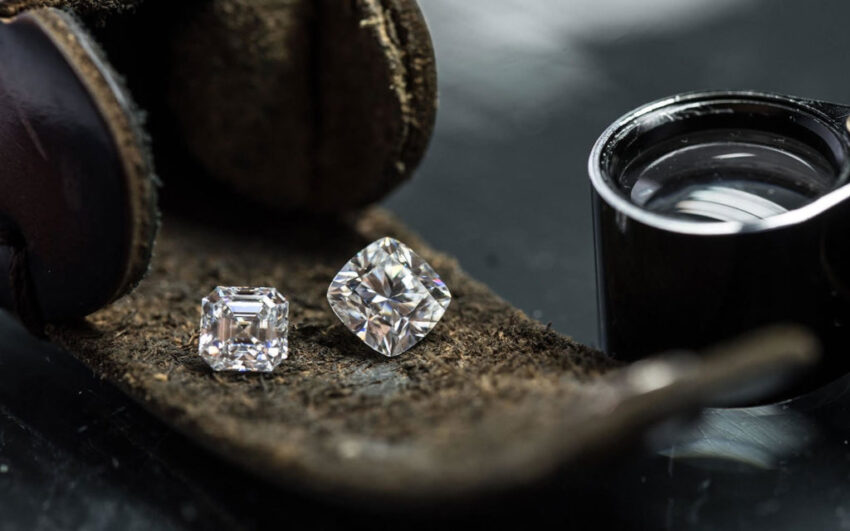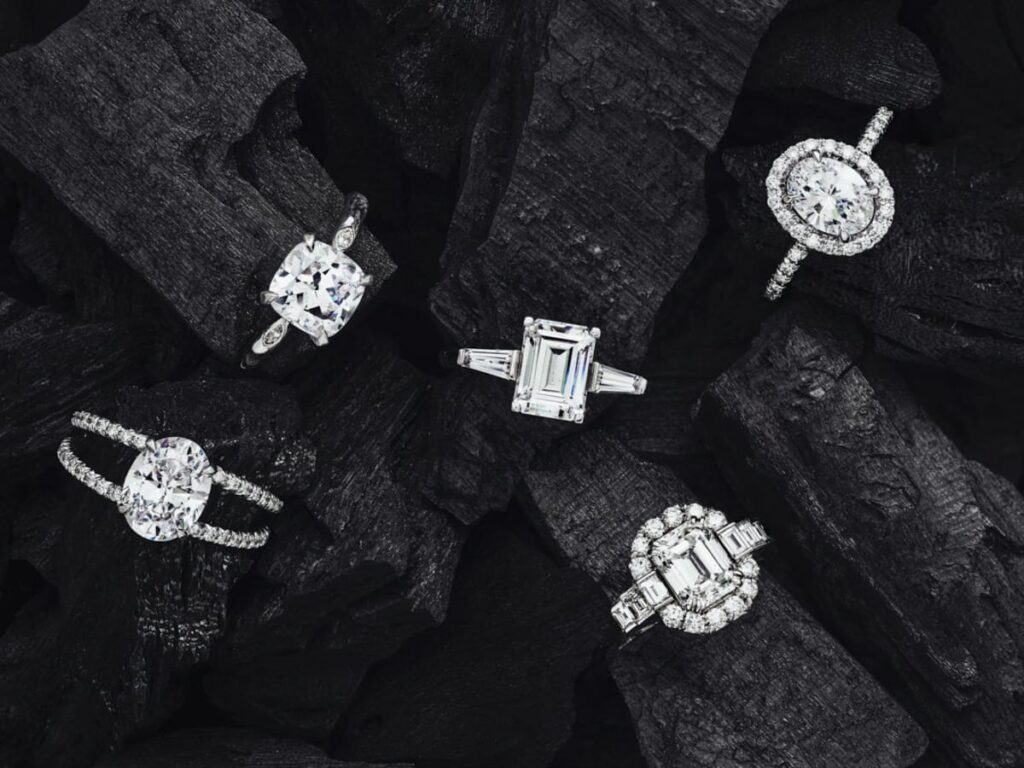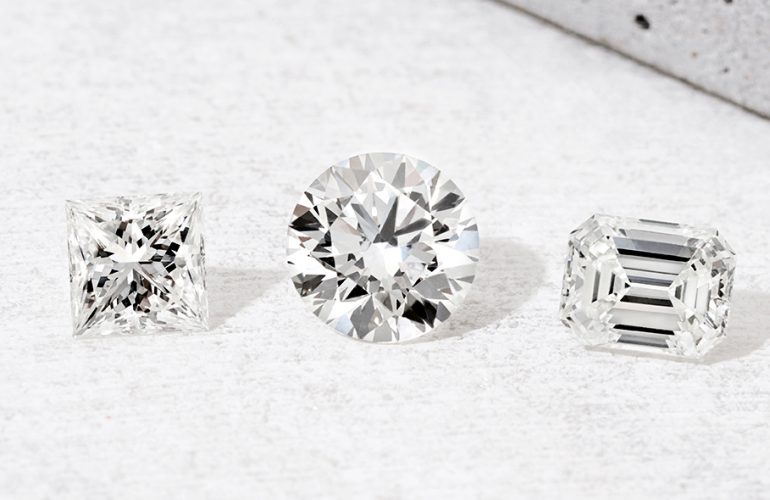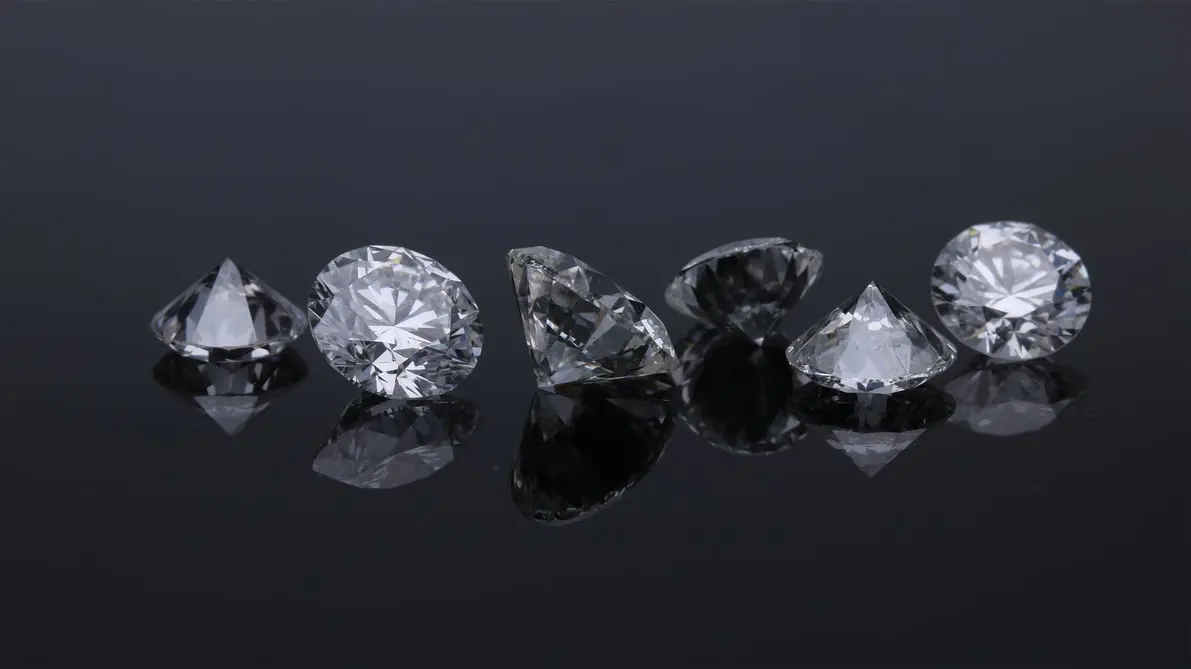Diamonds are forever, or so the saying goes. But as technology advances, the way we think about them is also changing. Lab-grown diamonds, also known as synthetic or cultured ones, are becoming increasingly popular as an alternative. In this article, we’ll explore their value proposition and what you need to know about them.
Unlike mined diamonds, which are formed over millions of years in the earth’s mantle, ones are created in a laboratory setting. They are made using advanced technology that replicates the high-pressure, high-temperature conditions that occur naturally in the earth’s mantle.

One of the main advantages of lab-grown diamonds is that they are more environmentally friendly than mined ones. The process of mining diamonds is incredibly destructive to the environment, and often involves the displacement of local communities and the destruction of ecosystems. Lab-grown ones, on the other hand, have a much lower environmental impact. They don’t require the same level of resource extraction or energy consumption, and they don’t contribute to soil erosion, water pollution, or deforestation.
Another advantage is that they are often less expensive than mined ones. While the cost of lab-grown ones can vary depending on the quality and size of the stone, they are generally less expensive than their mined counterparts. This is because the process of mining diamonds is extremely labor-intensive and expensive, whereas the process of growing them in a lab is more efficient and cost-effective.
In addition to their environmental and economic advantages, they also have several other benefits. For one thing, they are often higher quality than mined ones. This is because they can be produced with fewer imperfections and in a more controlled environment. Additionally, lab-grown they are indistinguishable from mined ones to the naked eye, and they have the same physical and chemical properties as natural diamonds.

So, what does this all mean for consumers? Well, for one thing, it means that lab-grown diamonds offer a compelling value proposition. They are a more ethical, sustainable, and affordable alternative to mined ones, without sacrificing quality or beauty. And for those who are concerned about the environmental and social impact of the diamond industry, lab-grown ones offer a way to enjoy the beauty and their symbolism without contributing to the negative effects of mining.
One area where they are becoming increasingly popular is in the world of engagement rings. Lab diamond engagement rings offer all the beauty and symbolism of traditional diamond engagement rings, without the ethical and environmental concerns that often come with mined ones. They are also more affordable, which means that couples can invest in a high-quality ring without breaking the bank.
Of course, there are some who argue that lab-grown diamonds don’t have the same sentimental value as mined ones. But the truth is, the value of a diamond is largely symbolic. It represents love, commitment, and the enduring nature of relationships. And lab-grown diamonds offer all of these things, without the negative environmental and social impact of mined ones.

In conclusion, the value proposition of lab-grown diamonds is clear. They are a more ethical, sustainable, and affordable alternative to mined ones, without sacrificing quality or beauty. So if you’re in the market for a diamond, consider a lab-grown diamond engagement ring – it just might be the perfect choice for you.

